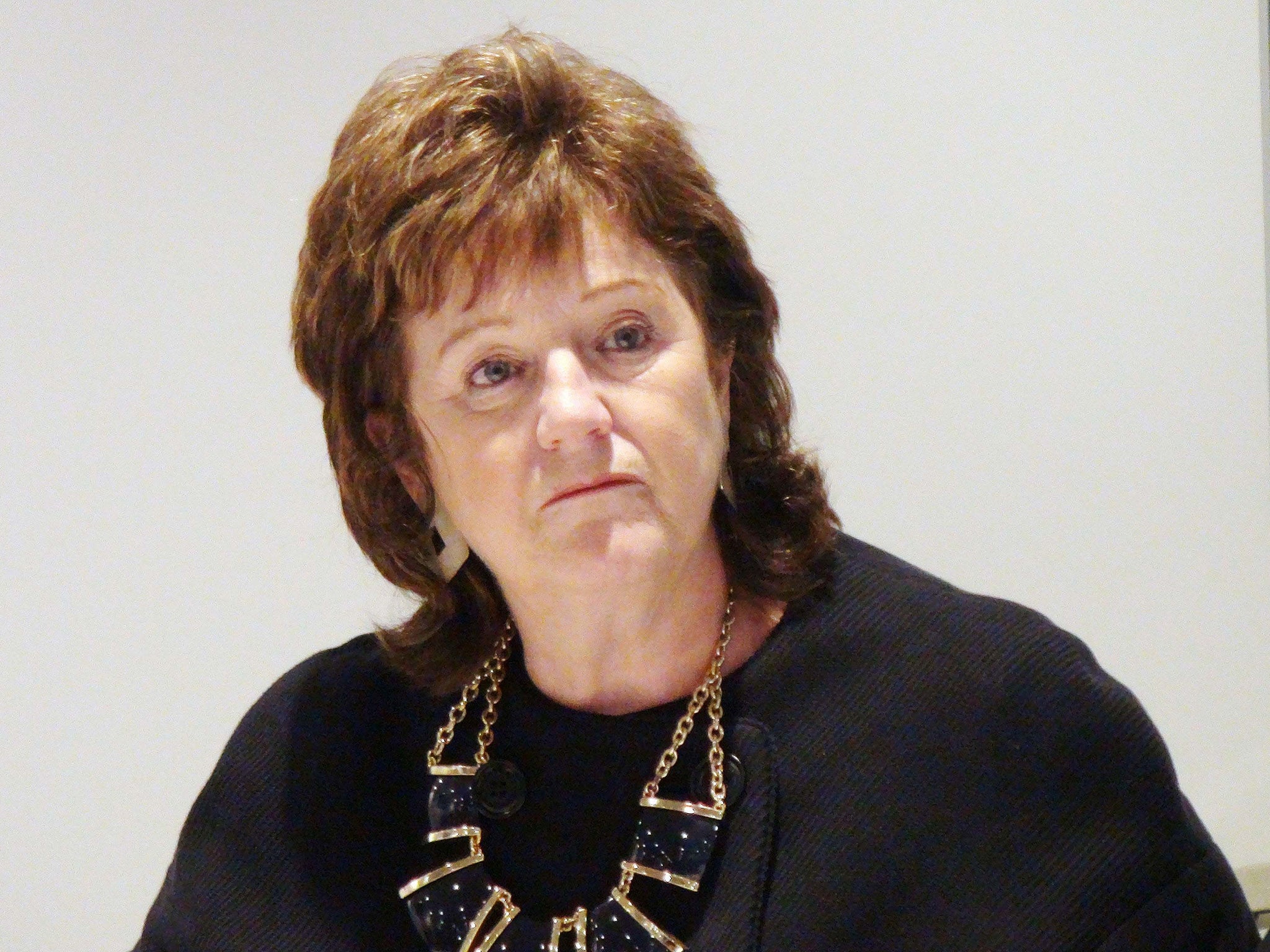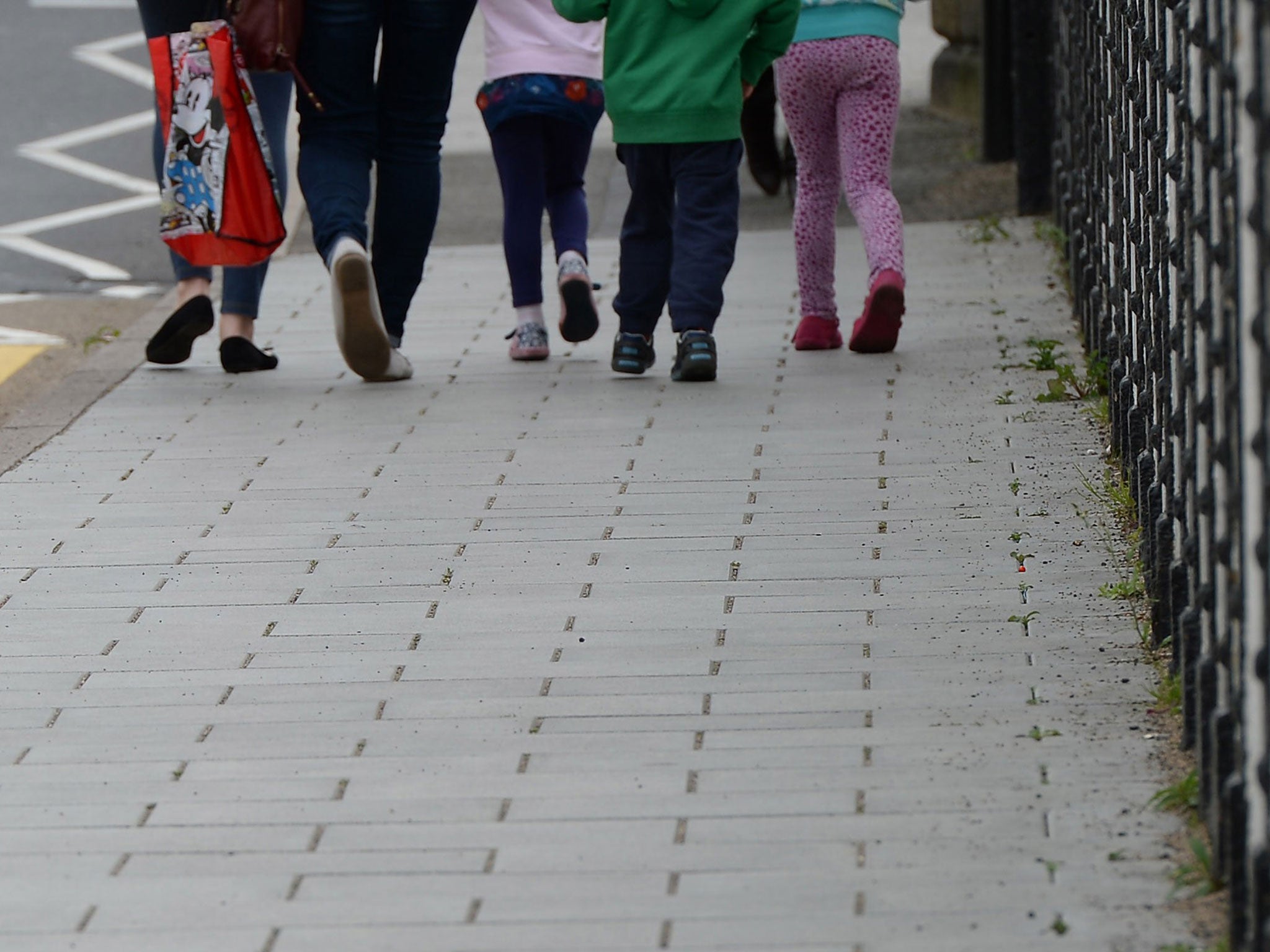Rotherham abuse scandal victims are still waiting for psychological help
Report author Professor Alexis Jay wants more resources made available to the girls

Girls abused by sex gangs are being denied the psychological help they need to help overcome their trauma because of a lack of resources, according to the author of the report that exposed such abuse in Rotherham.
Professor Alexis Jay said many of the 1,400 children abused over a 16-year period by gangs of largely Asian men in the city have harmed themselves, suffered mental-health problems or developed alcohol or drug addictions.
But the therapeutic services required to help victims are not widely available – as budget cuts create what campaigners claim is a “national crisis” in children’s mental health.
Five months on from the publication of her Rotherham report, Professor Jay said many young people are struggling with guilt and self-loathing and some have even attempted suicide. Children as young as 11 were raped by multiple perpetrators, abducted, trafficked to other English cities, beaten and intimidated.
The report said there had been “blatant” collective failures by council and police leaders.
Speaking to The Yorkshire Post, Professor Jay, a former senior social worker, said: “Many [victims] are filled with guilt and self-loathing and some self-harm or even attempt suicide. Others may be addicted to drink or drugs, as a result of how they were groomed into exploitation and abuse. There are simply not enough resources across the country to give these young victims the type of support and therapeutic help which many of them will need.”

While some council and NHS-led projects offer excellent help to victims, they are not sufficiently accessible, she said. “We heard of occasions where parents paid for private consultations for their daughters as it was a six-month waiting list or a year,” she added.
David Greenwood, a solicitor who works with 34 of the victims of Rotherham abuse, told The Independent: “We are trying to find ways of getting girls into mental-health services and we really struggle consistently.”
He said some charities will help them but they have long waiting lists. Meanwhile, many of his young clients are “really struggling to keep things together”.
Some have young families and “all have to deal with the memories of what happened to them and urgently need help”. He is calling for a joint working taskforce to be established to ensure their needs are prioritised.
The solicitor said only one or two of his regular clients are getting regular input “but most are not and very few don’t want – or need – it”.
Lucie Russell, from the charity Young Minds, said mental-health services for children and young people are in crisis. She said: “There have been cuts to early intervention services across the board from local authorities. This has pushed up the thresholds for psychiatry and family therapy. The waiting lists are very long and a lot of people have been told they’re ‘not ill enough’ to get a service.”
